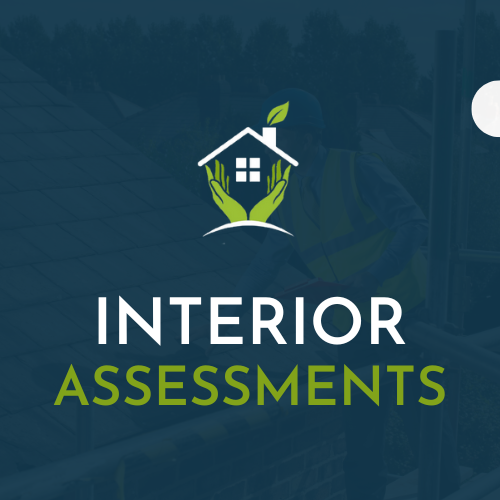Fuel poverty is a growing concern for households in the UK, with energy costs continuing to rise. In this article, we will explore the key factors contributing to fuel poverty and provide tips on how to combat rising energy costs. By taking action now, we can prevent fuel poverty from becoming a long-term problem for families in the UK.
Factors Contributing to Fuel Poverty
One of the main contributors to fuel poverty is the cost of energy bills. With prices on the rise, many households are struggling to keep up with payments. Low-income households are particularly vulnerable to fuel poverty. Additionally, heating costs can be a significant expense for households, particularly during the winter months.
How to Combat Fuel Poverty
Shop Around for the Best Energy Deals
It's important to shop around for the best deals and consider switching suppliers to save money. Many energy suppliers offer fixed-rate tariffs, which can help to protect you from price increases. You can also use comparison websites to find the best deals and switch suppliers easily.
Improve Energy Efficiency
Improving the energy efficiency of your home can help to reduce your energy bills and combat fuel poverty. Simple measures such as installing energy-efficient light bulbs and appliances, and upgrading your insulation can make a big difference. You can also consider installing double glazing, which can help to keep your home warm and reduce noise pollution. Additionally, you can use a water-saving showerhead to reduce your water consumption and save money on your water bills.
Invest in Renewable Energy
Renewable energy sources such as solar panels and wind turbines can also help to reduce your energy bills and combat fuel poverty. Consider investing in renewable energy to help reduce your carbon footprint and save money in the long run. You can also consider joining a community energy scheme, which allows you to share the costs and benefits of renewable energy with other households in your area.
Take Advantage of Energy Assistance Programs
There are a range of energy assistance programs available to help households struggling with fuel poverty. These may include grants for energy-saving measures, financial assistance with energy bills, and advice on how to reduce your energy consumption. You can contact your energy supplier or local council to find out what support is available in your area. Additionally, you can use online resources such as the Energy Saving Trust to find out more about energy assistance programs and how to apply for them.
Conclusion
Fuel poverty is a serious issue that affects many households in the UK. However, by taking action now, we can combat rising energy costs and reduce our energy bills. By shopping around for the best energy deals, improving the energy efficiency of our homes, investing in renewable energy, and taking advantage of energy assistance programs, we can help to reduce our carbon footprint and save money in the long run. It's important to take action now to prevent fuel poverty from becoming a long-term problem for families in the UK.


